The Impact and Evolution of Google: A Digital Journey
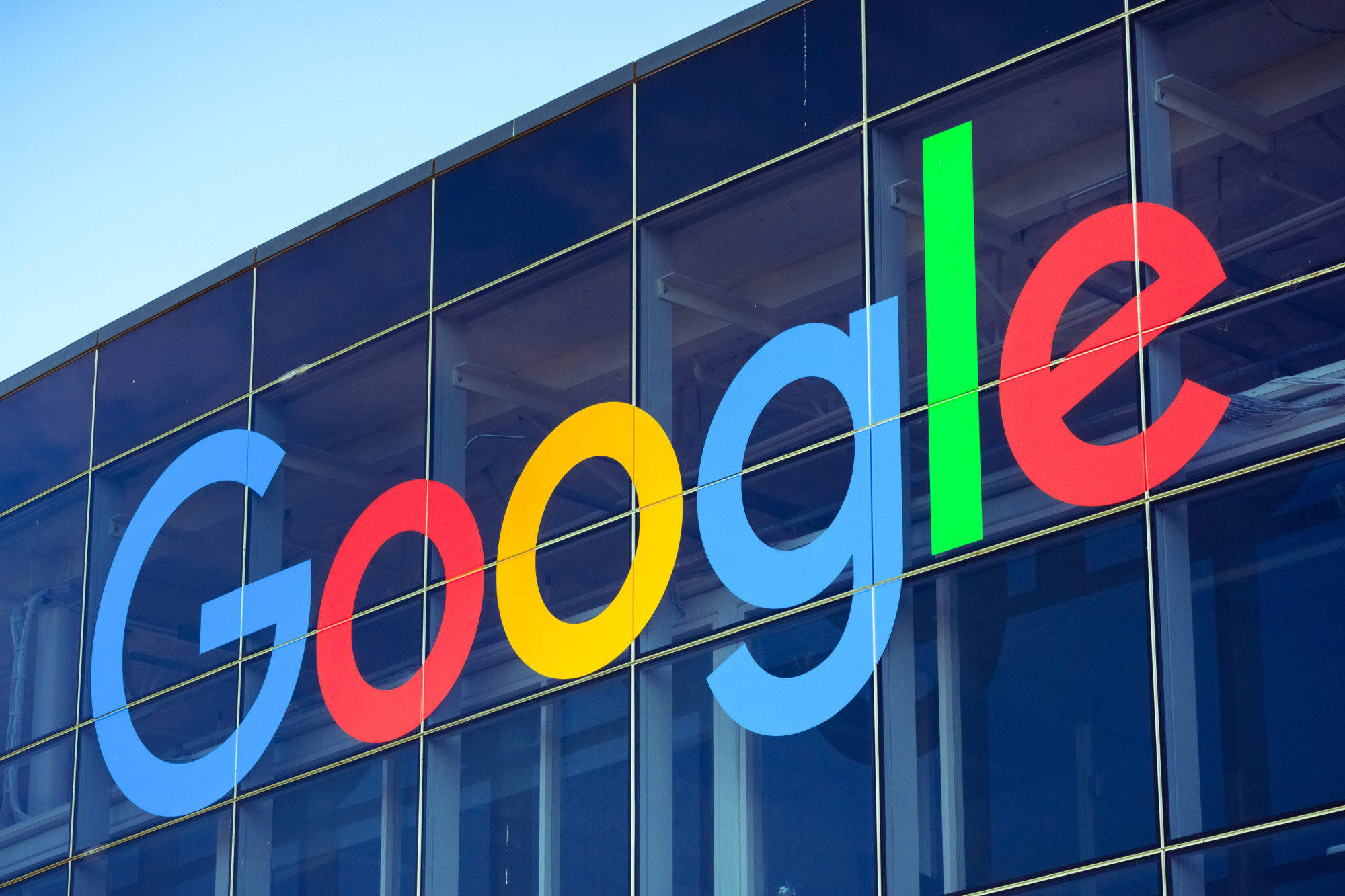 Google, founded in 1998 by Larry Page and Sergey Brin, has become one of the most influential and ubiquitous companies in the world, shaping the way we access information, communicate, and interact with technology. From its humble beginnings as a search engine startup to its current status as a global technology conglomerate, Google's impact on the digital landscape is undeniable.
Google, founded in 1998 by Larry Page and Sergey Brin, has become one of the most influential and ubiquitous companies in the world, shaping the way we access information, communicate, and interact with technology. From its humble beginnings as a search engine startup to its current status as a global technology conglomerate, Google's impact on the digital landscape is undeniable.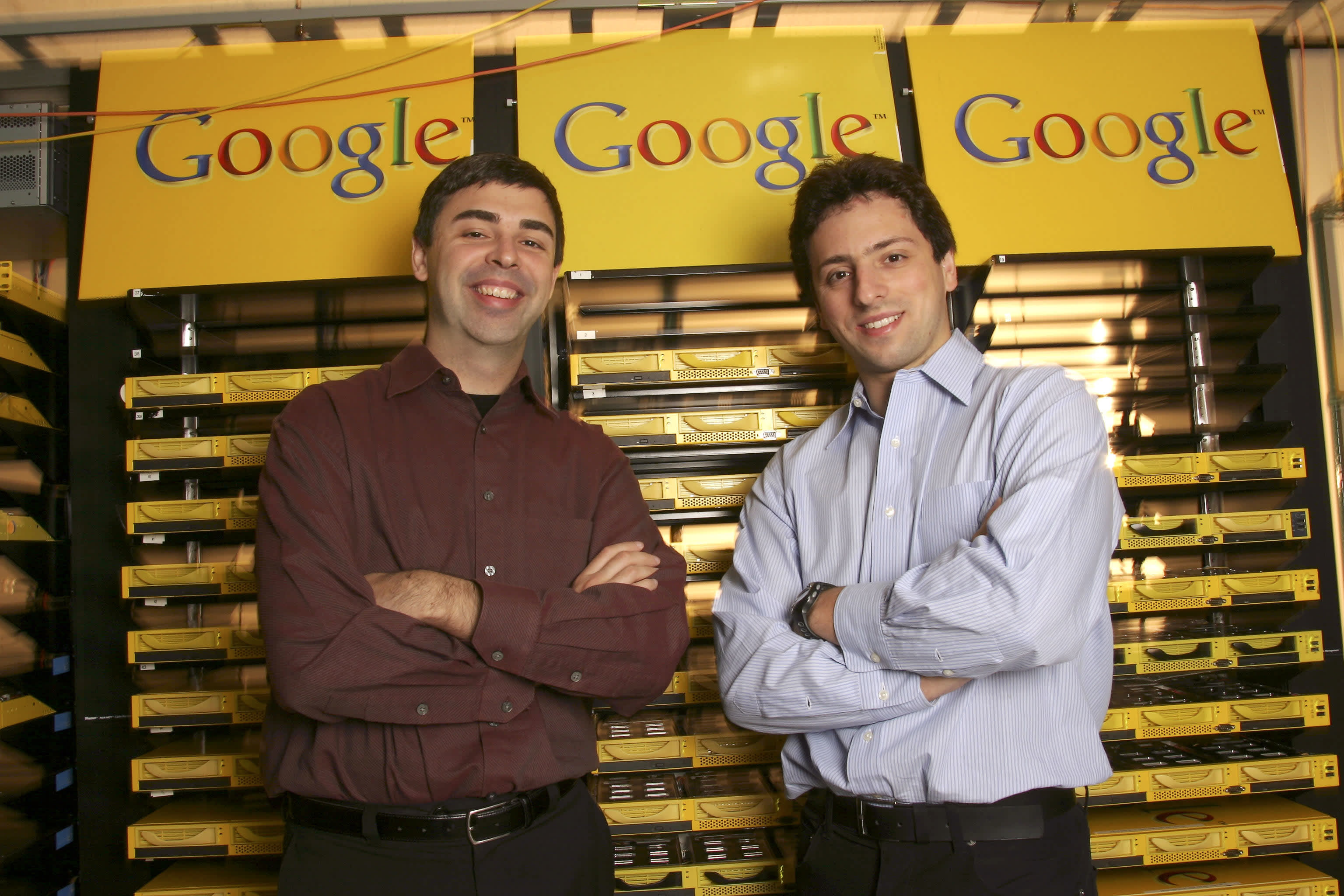 At the heart of Google's success lies its mission to organize the world's information and make it universally accessible and useful. The company's flagship product, the Google search engine, revolutionized the way people find information online, offering fast, relevant search results that quickly became the standard for internet search. Through continuous innovation and refinement, Google's search algorithm has evolved to deliver increasingly personalized and contextually relevant results, empowering users to find the information they need quickly and efficiently.
At the heart of Google's success lies its mission to organize the world's information and make it universally accessible and useful. The company's flagship product, the Google search engine, revolutionized the way people find information online, offering fast, relevant search results that quickly became the standard for internet search. Through continuous innovation and refinement, Google's search algorithm has evolved to deliver increasingly personalized and contextually relevant results, empowering users to find the information they need quickly and efficiently. In addition to search, Google has developed a diverse portfolio of products and services that span a wide range of industries and sectors. Google Maps revolutionized navigation and location-based services, providing detailed maps, real-time traffic information, and personalized recommendations to users worldwide. Google Drive and Google Workspace (formerly G Suite) offer productivity tools such as cloud storage, document editing, and collaboration features, empowering individuals and businesses to work more efficiently and collaboratively.
In addition to search, Google has developed a diverse portfolio of products and services that span a wide range of industries and sectors. Google Maps revolutionized navigation and location-based services, providing detailed maps, real-time traffic information, and personalized recommendations to users worldwide. Google Drive and Google Workspace (formerly G Suite) offer productivity tools such as cloud storage, document editing, and collaboration features, empowering individuals and businesses to work more efficiently and collaboratively.
Google's acquisition of YouTube in 2006 catapulted the company into the realm of online video, creating one of the largest and most popular platforms for user-generated content, entertainment, and advertising. YouTube's global reach and diverse content ecosystem have made it a cultural phenomenon, shaping trends, influencing consumer behavior, and providing a platform for creators to share their voice with the world.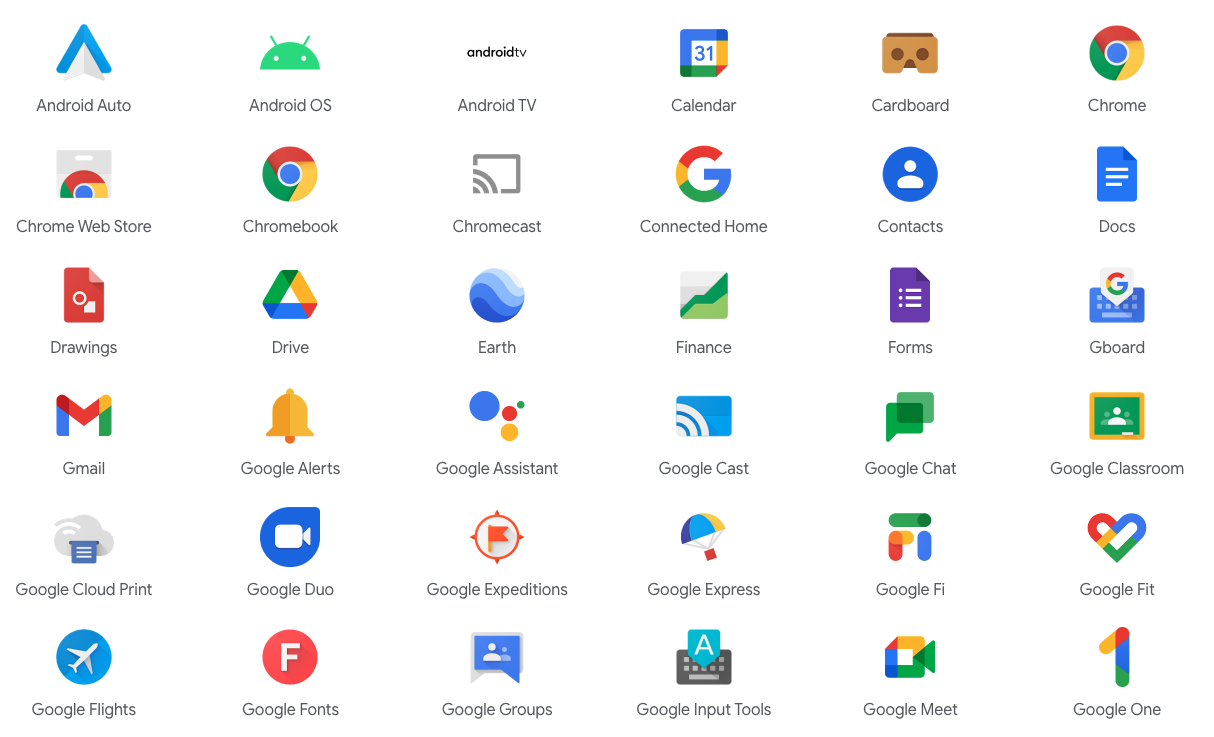 Furthermore, Google's Android operating system dominates the global smartphone market, powering billions of devices worldwide and providing users with a rich ecosystem of apps, services, and digital experiences. Android's open-source nature and widespread adoption have fueled innovation and competition in the mobile industry, driving advancements in hardware, software, and user experience.
Furthermore, Google's Android operating system dominates the global smartphone market, powering billions of devices worldwide and providing users with a rich ecosystem of apps, services, and digital experiences. Android's open-source nature and widespread adoption have fueled innovation and competition in the mobile industry, driving advancements in hardware, software, and user experience.
Google's commitment to innovation extends beyond consumer products and services to include groundbreaking research and development in areas such as artificial intelligence (AI), machine learning, and quantum computing. Google's AI research lab, DeepMind, has made significant strides in AI research, achieving breakthroughs in areas such as natural language processing, computer vision, and reinforcement learning. These advancements have practical applications across various industries, from healthcare and finance to transportation and cybersecurity. In the realm of hardware, Google has made a significant impact with products such as the Pixel smartphone, Google Home smart speaker, and Nest smart home devices. These products leverage Google's expertise in software, AI, and user experience design to deliver innovative and intuitive solutions that enhance the way people live, work, and connect in the digital age.
In the realm of hardware, Google has made a significant impact with products such as the Pixel smartphone, Google Home smart speaker, and Nest smart home devices. These products leverage Google's expertise in software, AI, and user experience design to deliver innovative and intuitive solutions that enhance the way people live, work, and connect in the digital age.
Google's influence extends beyond consumer products and services to include advertising, e-commerce, cloud computing, and more. Google Ads, formerly known as AdWords, revolutionized online advertising, providing advertisers with a powerful platform to reach target audiences with highly targeted and measurable ads. Google Cloud Platform (GCP) offers a comprehensive suite of cloud computing services, including infrastructure as a service (IaaS), platform as a service (PaaS), and software as a service (SaaS), enabling businesses to build, deploy, and scale applications with ease.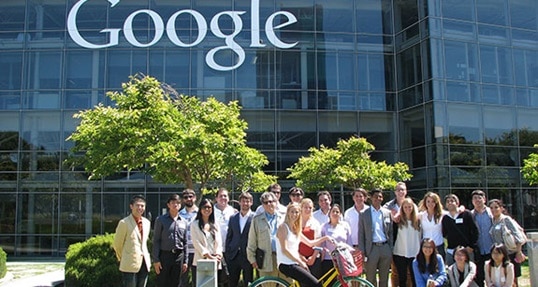 In recent years, Google has faced scrutiny and criticism over issues such as data privacy, antitrust concerns, and ethical implications of its technology. The company has taken steps to address these challenges through initiatives such as enhanced privacy controls, transparency reports, and ethical AI principles. However, these issues underscore the complex and multifaceted impact of Google's technology on society, raising important questions about accountability, regulation, and the ethical use of technology in the digital age.
In recent years, Google has faced scrutiny and criticism over issues such as data privacy, antitrust concerns, and ethical implications of its technology. The company has taken steps to address these challenges through initiatives such as enhanced privacy controls, transparency reports, and ethical AI principles. However, these issues underscore the complex and multifaceted impact of Google's technology on society, raising important questions about accountability, regulation, and the ethical use of technology in the digital age.
Looking ahead, Google remains at the forefront of innovation, driving progress and shaping the future of technology in profound and far-reaching ways. With its unparalleled resources, talent, and commitment to its mission, Google continues to push the boundaries of what's possible, unlocking new opportunities, solving complex challenges, and enriching the lives of people around the world.
In recent years, Google has placed increasing emphasis on sustainability and environmental responsibility, reflecting a growing awareness of the need to address climate change and reduce its carbon footprint. The company has set ambitious goals to achieve carbon neutrality and operate on 100% renewable energy, making significant investments in renewable energy projects such as wind and solar farms to power its operations. Additionally, Google has committed to achieving zero waste in its facilities and supply chain, implementing recycling and waste reduction initiatives to minimize its environmental impact.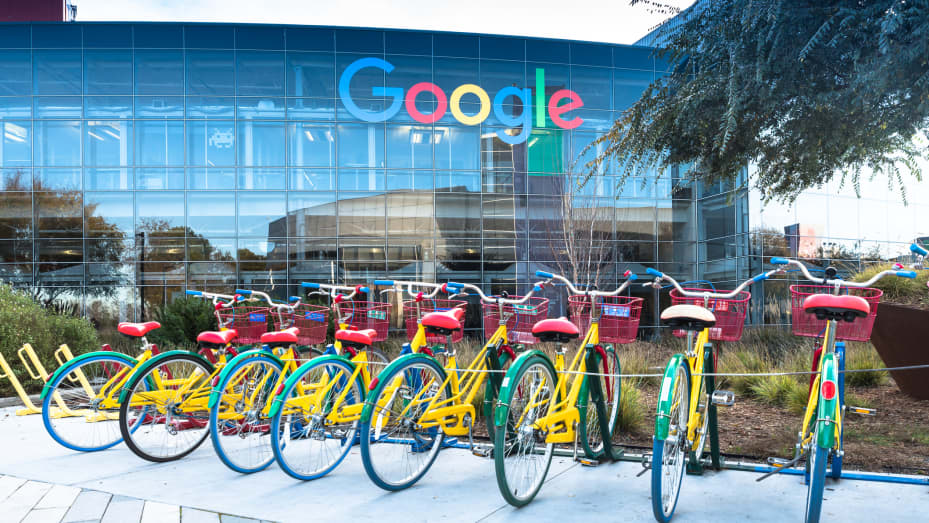 Google's commitment to sustainability extends to its products and services, with a focus on designing products with sustainability in mind and promoting eco-friendly practices among its users. The company has introduced initiatives such as the "Carbon-Free" badge on Google Shopping, which highlights products with low carbon emissions, and the "Sustainability in Action" program, which encourages employees to propose and implement sustainability projects within the company.
Google's commitment to sustainability extends to its products and services, with a focus on designing products with sustainability in mind and promoting eco-friendly practices among its users. The company has introduced initiatives such as the "Carbon-Free" badge on Google Shopping, which highlights products with low carbon emissions, and the "Sustainability in Action" program, which encourages employees to propose and implement sustainability projects within the company.
Furthermore, Google's philanthropic arm, Google.org, supports nonprofit organizations and initiatives that address pressing social and environmental challenges around the world. From funding research and development of clean energy technologies to supporting initiatives that promote access to education, healthcare, and economic opportunity, Google.org plays a vital role in driving positive social impact and contributing to global sustainability efforts.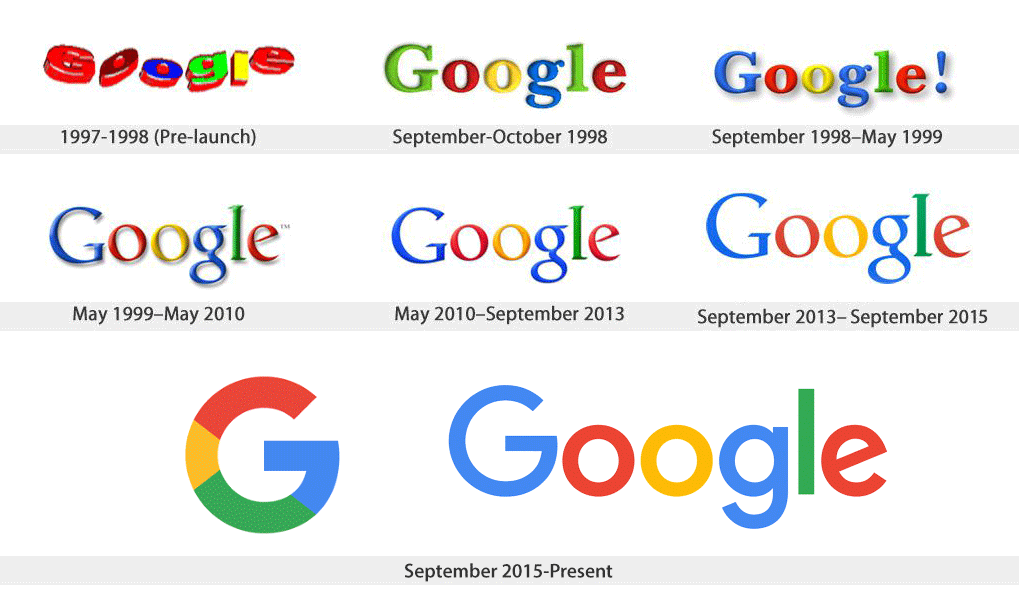 In addition to its core business activities, Google is actively involved in shaping public policy and advocating for issues such as net neutrality, privacy rights, and freedom of expression. The company engages with policymakers, industry stakeholders, and civil society organizations to promote policies that support innovation, protect user rights, and foster a free and open internet. Google also invests in educational initiatives and programs to promote digital literacy, online safety, and responsible technology use among users of all ages.
In addition to its core business activities, Google is actively involved in shaping public policy and advocating for issues such as net neutrality, privacy rights, and freedom of expression. The company engages with policymakers, industry stakeholders, and civil society organizations to promote policies that support innovation, protect user rights, and foster a free and open internet. Google also invests in educational initiatives and programs to promote digital literacy, online safety, and responsible technology use among users of all ages.
Looking ahead, Google continues to face challenges and opportunities as it navigates an increasingly complex and dynamic global landscape. From evolving consumer preferences and regulatory pressures to emerging technologies and geopolitical tensions, Google must remain agile and adaptive to thrive in an ever-changing environment. By staying true to its core values of innovation, integrity, and inclusivity, Google is well-positioned to continue driving progress, shaping the future of technology, and making a positive impact on society for years to come.

















































